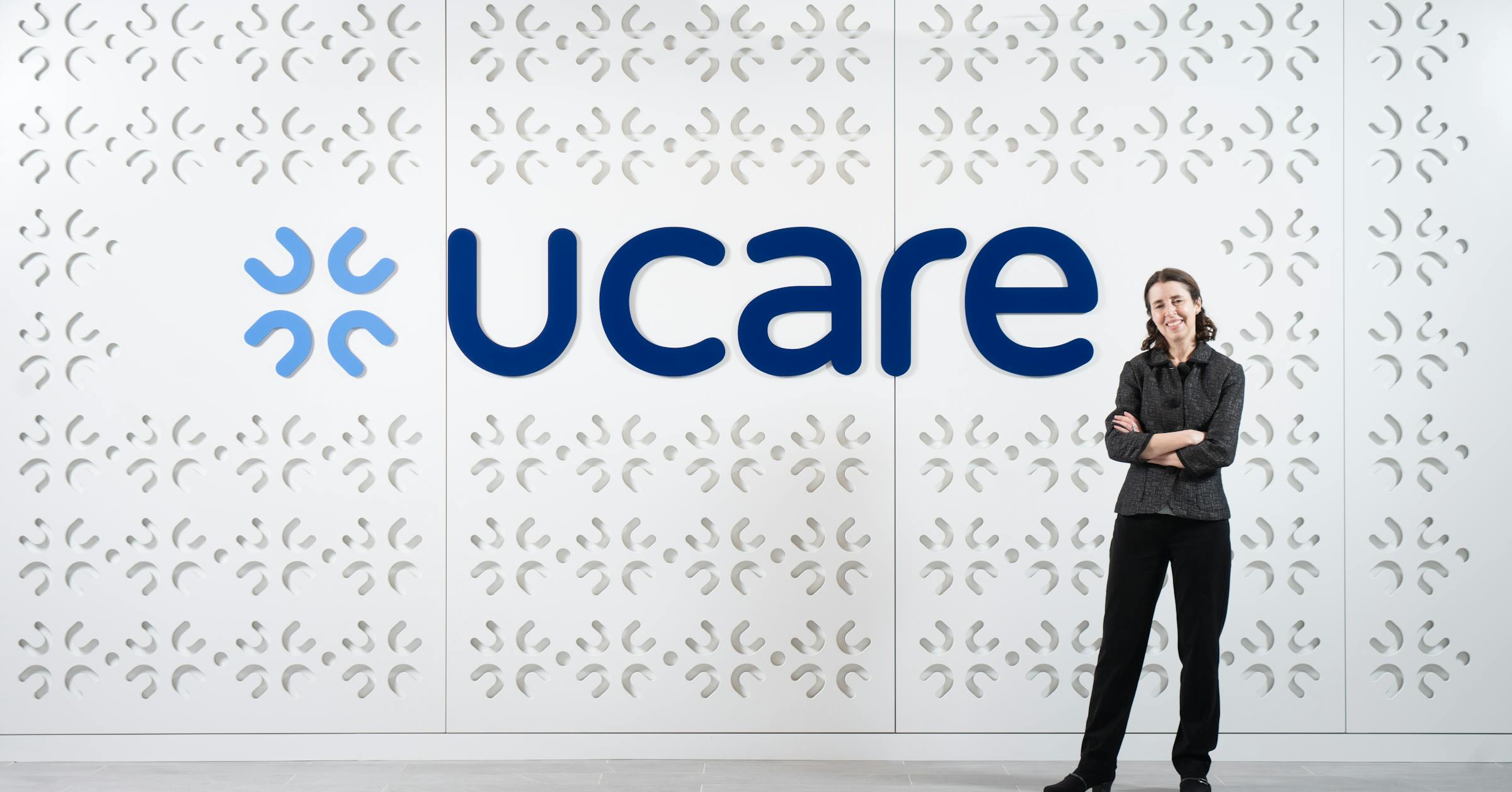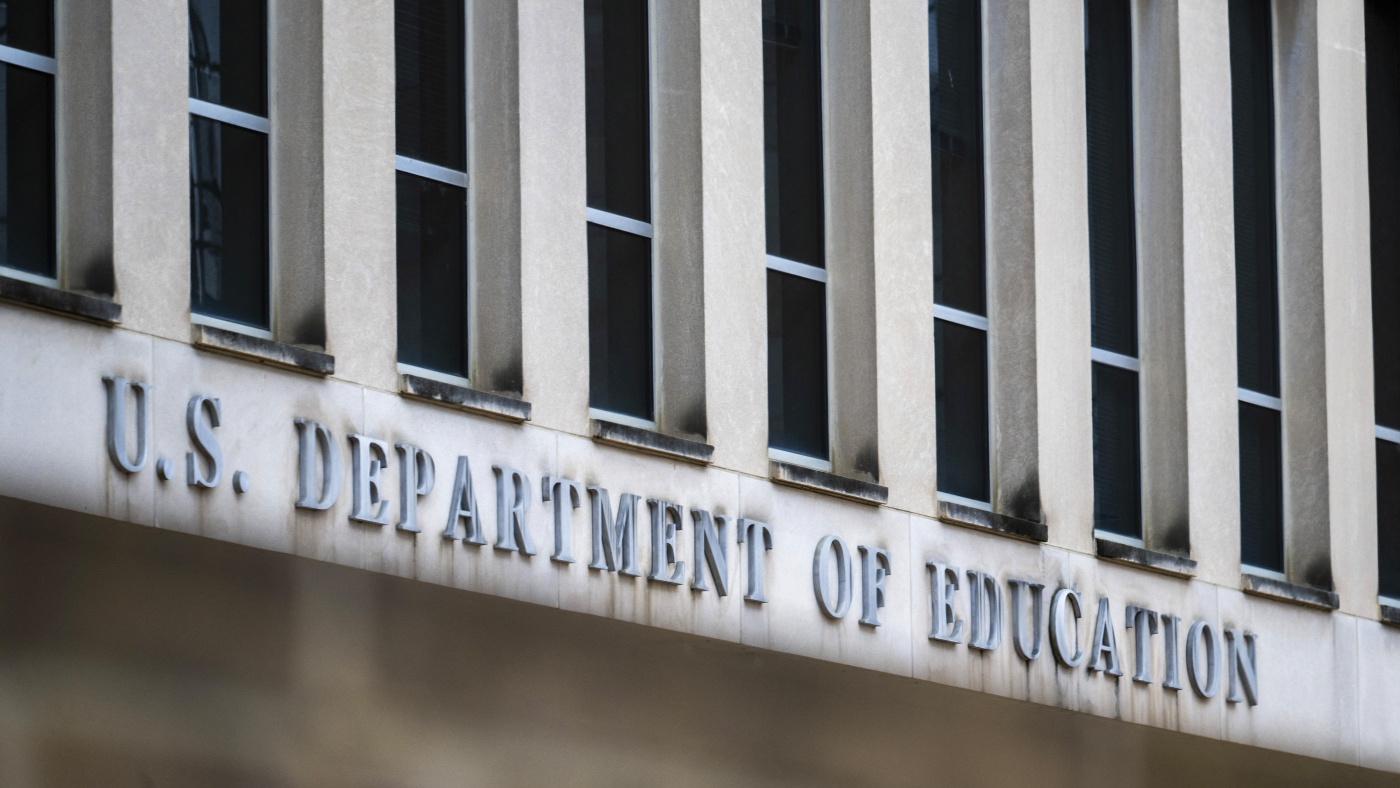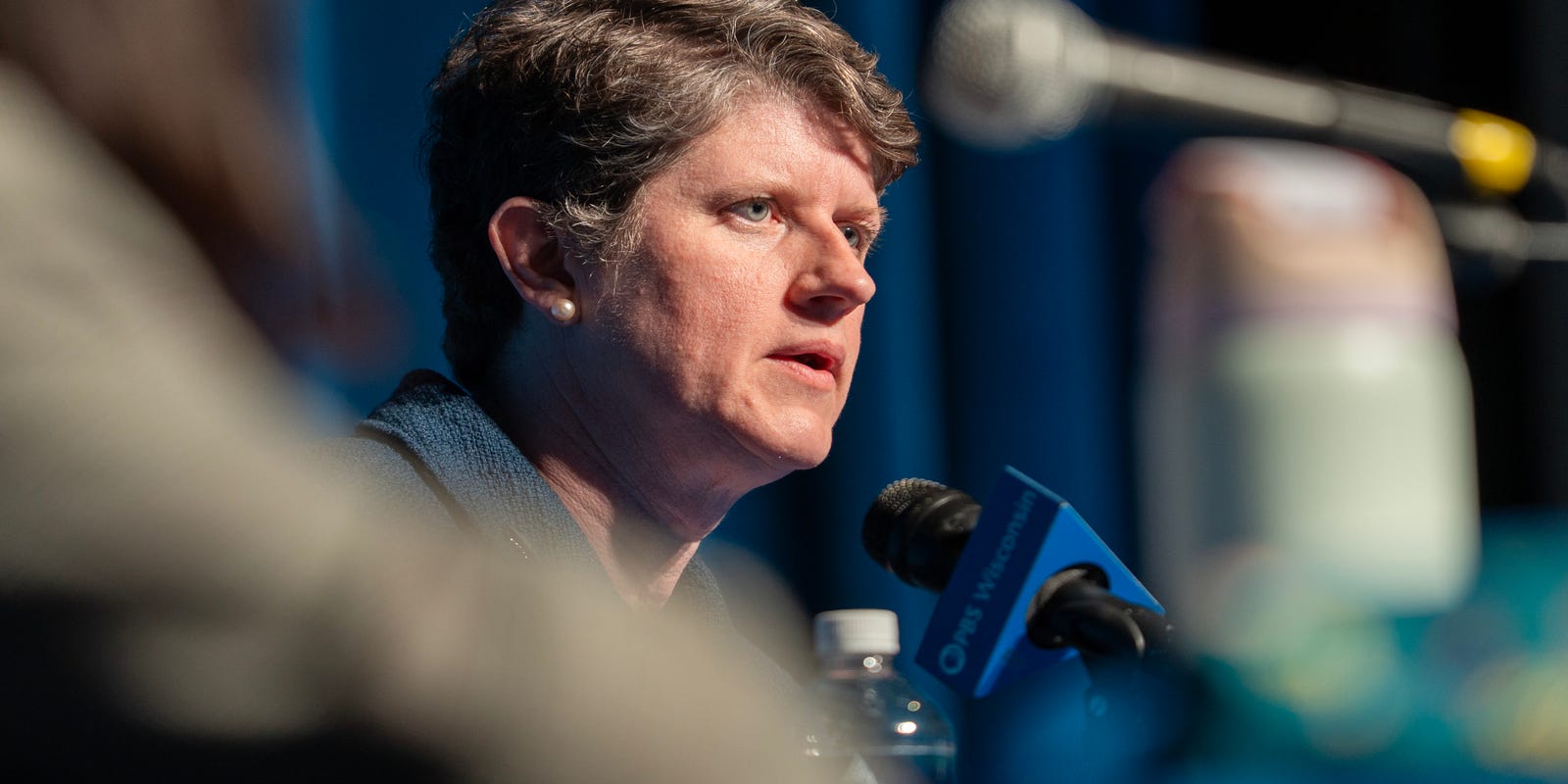Pandemic Aftershocks: How COVID Rewrote the Classroom and Childhood Experience

The COVID-19 pandemic has left an indelible mark on children's emotional and educational landscapes, creating challenges that continue to resonate long after lockdowns have lifted. Despite the profound disruption, education and mental health experts remain optimistic, firmly rejecting the notion of a "lost generation" and instead focusing on resilience and recovery.
The pandemic's impact on young learners has been multifaceted, touching every aspect of their academic and emotional development. School closures, social distancing, and the abrupt shift to remote learning created unprecedented stress and uncertainty. Children experienced isolation, interrupted learning patterns, and significant emotional upheaval that extended far beyond traditional classroom boundaries.
Mental health professionals have observed increased anxiety, depression, and social adaptation challenges among students. However, they are also witnessing remarkable adaptability and strength. Schools and communities are now implementing targeted support systems, including counseling programs, specialized learning interventions, and social-emotional learning strategies designed to help children process their pandemic experiences.
While the road to full recovery remains complex, educators and child development experts emphasize hope. They view the current situation not as a permanent setback, but as an opportunity for innovative educational approaches and enhanced emotional support that can help children not just recover, but potentially emerge stronger and more resilient.








